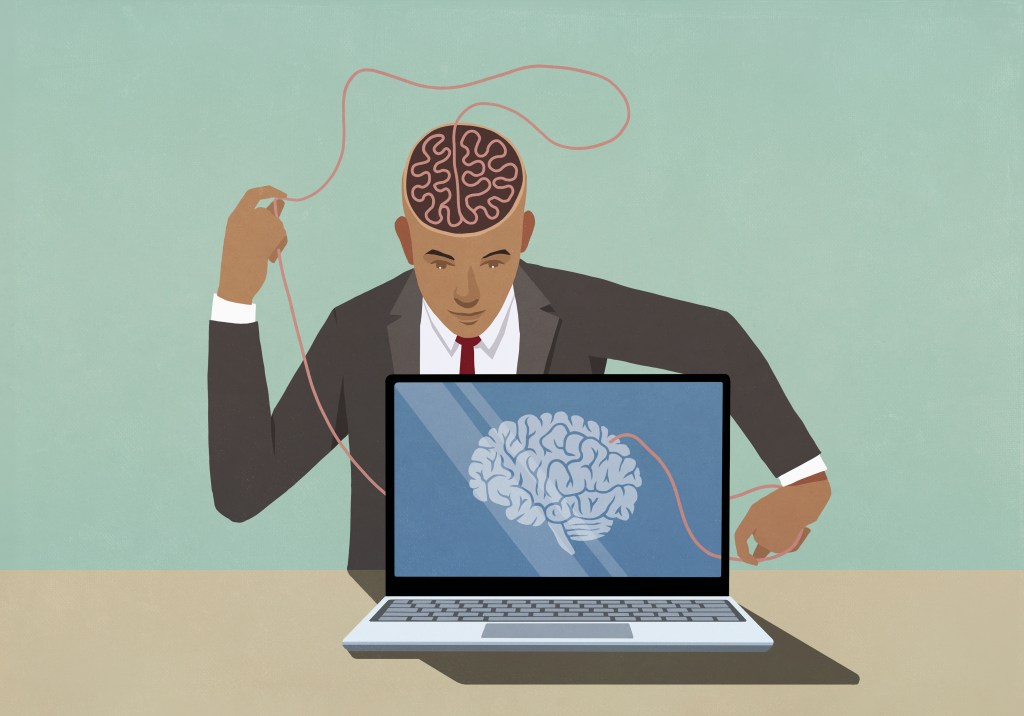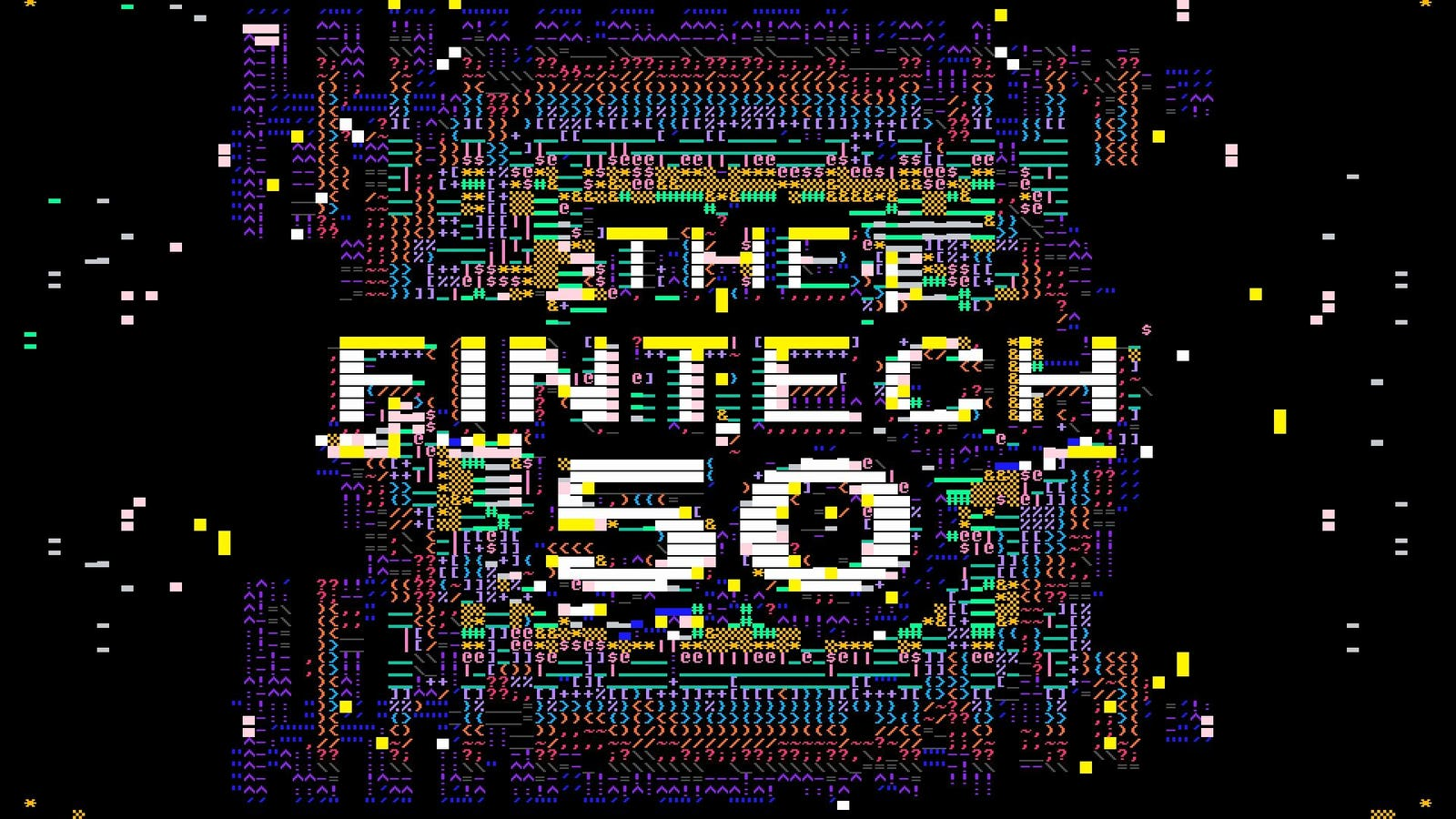As AI slips into every corner of daily life, researchers are tracking how it rewires our attention and habits. The early findings raise real questions about how we use it, not just what it can do, writes Anna Lozynski.

Recently, I found myself deep in debate with one of my most trusted mentors about what artificial intelligence is doing to our brains.
Not in the abstract. Not as a headline. But really: what is it doing to the way we think, learn, remember, and make decisions?
It was a conversation tinged with concern and curiosity. And lots of “but is it’s”? Because if there’s one thing we’ve learned from the rise of the internet and social media, it’s that new technology doesn’t just shape our behaviour, it reshapes our biology.
For example, there is now such a thing as being phone hungry.
As Johann Hari writes in Stolen Focus, social media has been shown to hijack our dopamine system, the neurotransmitter responsible for motivation, pleasure and reward.
Algorithms optimise for engagement, not wellbeing. As a result, we’ve spent decades inadvertently training our brains to crave distraction over depth, instant gratification over effortful thinking.
So where does the use of AI fit into this neurochemical evolution?
What the Neuroscience Says
The latest neuroscience paints a more nuanced picture.
A 2025 MIT study found that people who used generative AI tools like ChatGPT to complete tasks showed sharp productivity gains but significantly reduced cognitive engagement over time. In fact, 83% of participants couldn’t recall a single sentence they had just written with AI assistance, and brain connectivity dropped by up to 55% compared to those who worked unaided.
In other words, when we let AI do the heavy lifting without staying mentally in the loop, our cognitive muscles shrink.
Earlier studies (such as Nature Neuroscience, 2024) suggest that AI, when used mindfully, can enhance cognitive flexibility. It can prompt (excuse the pun) new ways of thinking, accelerate learning, and help us bypass mental ruts that traditional tools can’t shake us from.
When used like a sparring partner than a substitute teacher, that’s where things get interesting. It can prompt (excuse the pun) new ways of thinking, accelerate learning, and help us bypass mental ruts that traditional tools can’t shake us from.
In other words. it’s not just what the technology is, it’s how we relate to it.
So, How Are We Actually Using AI?
While the popular discourse tends to focus on productivity and cheating death-by-email, the real story might be far more human.
According to Harvard Business Review’s How People Are Really Using Generative AI in 2025, the top reasons people turn to AI aren’t to cut corners at work, but to deepen their lives.
People are using AI for:
- Therapy and companionship
- Organising their lives (new use case in 2025)
- Finding purpose (new use case in 2025)
- Enhanced learning
- Generating code
- Generating ideas (the top use case in 2024)
- Fun and nonsense
- Improving code
- Creativity
- Healthier living
This tells us something important: we’re not just outsourcing cognition—we’re augmenting our search for meaning.
Will AI Make Us Dumber?
It’s tempting to frame this era as one where we’re collectively losing intelligence—outsourcing memory to Google, replacing critical thinking with autocomplete. But that assumes intelligence is static. That there’s only one way to be “smart.” Or, that the old way is the best way.
History tells a different story.
Handwriting didn’t disappear when typing emerged. Typing just allowed us to write faster. Going to the library for research didn’t vanish. It evolved into knowing how to ask the right question in a search engine (or, increasingly, an LLM).
New tools create new mental muscles. Old ones atrophy; sometimes temporarily, sometimes for good.
Has technology made us dumber? Or are we in the messy middle of a cognitive evolution where old skills are being redefined and new ones are being developed?
Rethinking Human Intelligence in the AI Age
What if evolution is not about smarter or dumber. It’s about fit.
What mental abilities do we need to thrive in this era?
In a world awash with information, perhaps memory matters less than discernment. In a workplace driven by automation, maybe the edge is not logic, but curiosity and a mindset of experimentation.
Because in my mind, AI isn’t just testing our technical literacy; it’s forcing a recalibration of what it means to be human.
The answer is not to throw our hands up or bury our brains in the sand. Avoidance will not future proof us any more than blind adoption will. The real opportunity lies in staying awake to how these tools are shaping us. And in choosing, moment by moment, to use AI in a way that stretches our minds rather than switches them off.
And if the brain is plastic and biologically wired to adapt, change, grow regardless of whether a person is 2.5 or 92, then the onus is on us not to fear what AI might do to our minds, but to mindfully shape how we use it.
Because, for now, the most powerful operating system is still the one inside your head.
Look back on the week that was with hand-picked articles from Australia and around the world. Sign up to the Forbes Australia newsletter here or become a member here.


